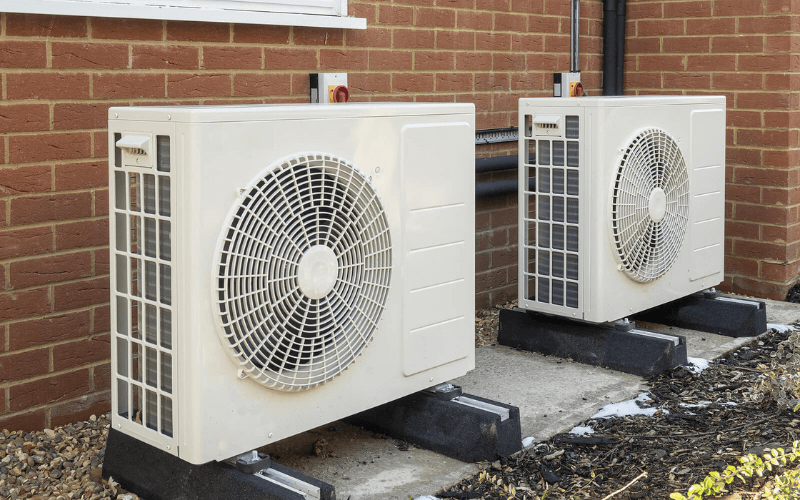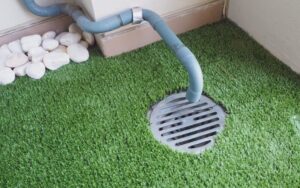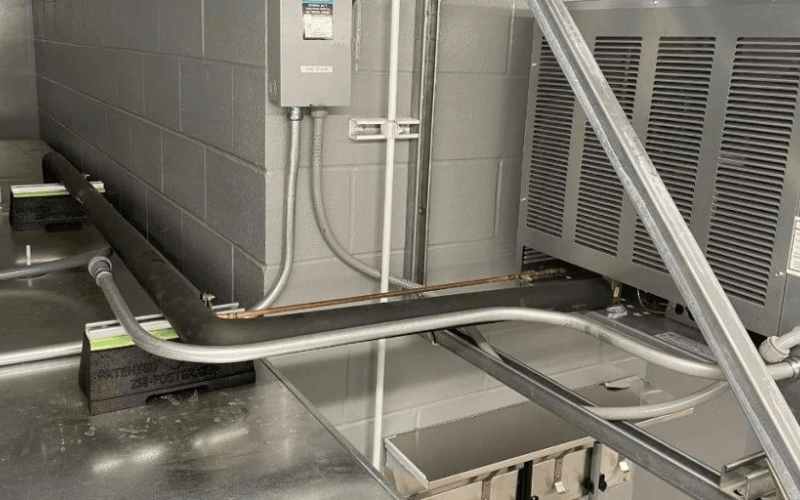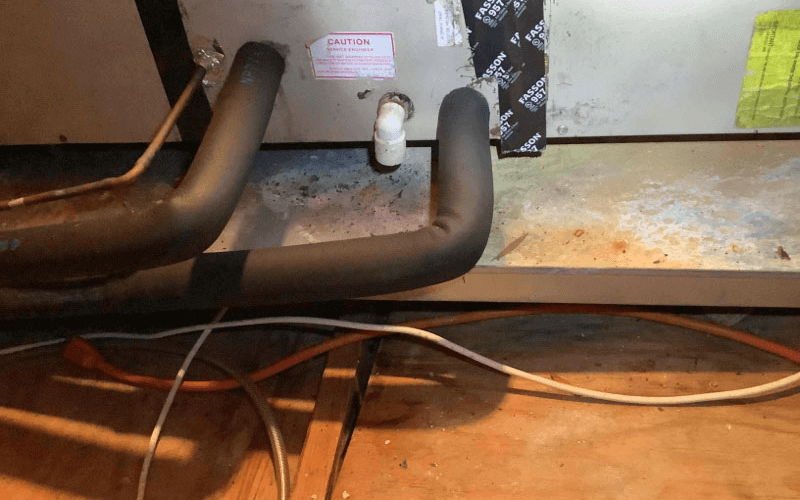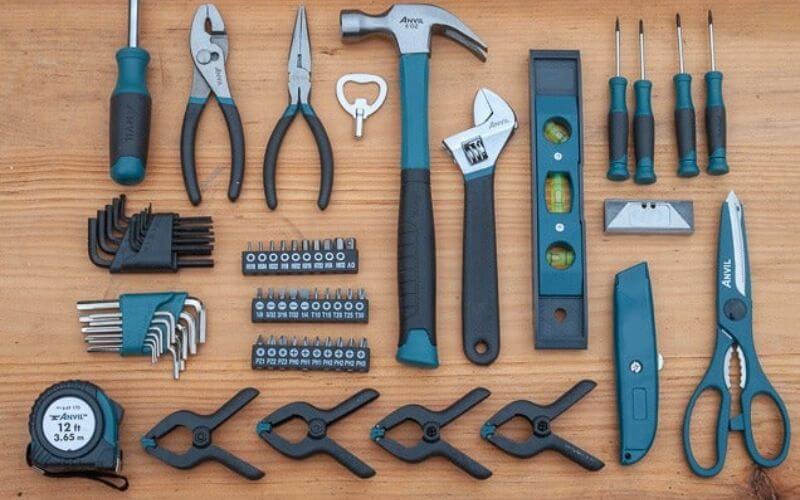A heat pump is essential to your home’s heating and cooling systems. However, it’s a question worth asking: how long should a warm-up run last each day? We investigated this inquiry to assist you in determining whether your heat pump is operating correctly.
Table of Contents
ToggleTypically, a heat pump should be run for 60 minutes several times. The heat pump should run for 10 to 20 minutes during the cycle. A heat pump will frequently experience harsh external factors to maintain the temperature inside the house (under 30-40 degrees).
Understanding how your heat pump works can help you save energy. Reaad on to know how a heat pump works and how frequently it should be used.
| Image | Product | Features | Price |
|
Best Seller
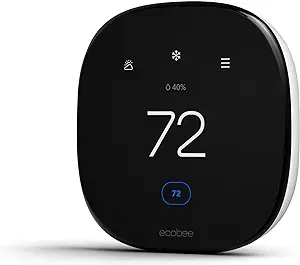
|
ecobee3 Lite Smart Thermostat – Programmable Wifi Thermostat |
Works with Siri, Alexa, Google Assistant – Energy Star Certified – DIY Install, Black |
$149.99
|
|
Best Seller

|
Emerson Sensi Wi-Fi Smart Thermostat for Smart Home |
|
$122.99 |
|
Best Seller

|
Honeywell Home RTH9585WF Wi-Fi Smart Color Thermostat |
7 Day Programmable, Touch Screen, Energy Star, Alexa Ready |
$139.99 |
|
Best Seller
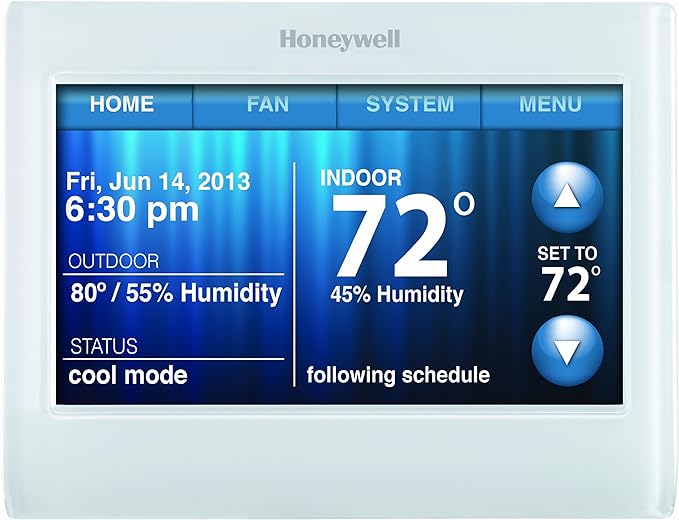
|
Honeywell TH9320WF5003 Wi-Fi 9000 Color Touch Screen |
Programmable Thermostat, 3.5 x 4.5 Inch, White, ‘Requires C Wire” |
$315.00 |
|
Best Seller

|
Honeywell Home RTH6580WF Wi-Fi 7-Day Programmable Thermostat
|
Energy-saving thermostat with rebates, demand response program, |
$99.98 |
How Long Should A Heat Pump Run In A Day?
A heat pump works by transferring excess energy from your home. When there is a significant temperature difference, the forced air system will push hot air to the colder side, cool it, and disperse cold air throughout your home.
A heat pump system delivers extra energy to your home. It distributes it as hot or cold air throughout the structure.
Each heat pump typically has several 60-minute cycles. The procedure will turn the system on for 10 to 20 minutes. The excess energy (the difference in temperature between inside and outside) is effectively distributed throughout your home.
Nonetheless, it is common for a heat pump to run continuously during the winter. The heat pump keeps the house warm for more than 40 hours.
The heat pump can run continuously at one (or more) temperatures throughout the day. When you are comfortable in your home, the HVAC system will keep up with you rather than experiencing extreme temperature changes.
Also check: How do I move a thermostat?
Factors Affecting The Heat Pump Run Time:
Climate Matters:
Your local climate is one factor that has a big impact on heat pump runtime. Heat pumps often run less frequently in milder climates than in extremely cold or hot places. Understanding your climate’s temperature ranges and how they affect the performance of your heat pump is critical.
In colder climates, your heat pump may need to run longer to maintain the ideal indoor temperature. During extreme cold spells, additional heating sources, such as electric resistance heaters or a gas furnace, may assist the heat pump in meeting increased demand.
Home Sealing and Insulation:
The quality of your home’s insulation and sealing also impacts how long your heat pump should run. A well-insulated and sealed home retains heat better, lowering the strain on your heat pump. If your home is inadequately insulated or has draughty sections, your heat pump will have to work harder and for a longer period to compensate for heat loss.
Investing in good insulation and sealing benefits your heat pump and overall energy efficiency and comfort.
Temperature Controls:
Another important factor influencing heat pump runtime is your thermostat settings. The temperature you choose on your thermostat, as well as other variables such as fan speed and mode (heating or cooling), have a direct impact on how frequently and how long your heat pump runs. You can help maximize runtime by setting your thermostat to a comfortable but not extreme temperature.
Zoning and Smart Thermostats:
Installing a smart thermostat can transform how you manage heat pump runtime. These gadgets can learn your preferences and schedule, giving you more exact control over your HVAC system. Furthermore, zoning your home allows you to direct heat to specific areas as needed, potentially reducing the overall duration of your heat pump.
Sizing and Maintenance:
Regular heat pump maintenance is required to guarantee that it runs efficiently. A clogged air filter, refrigerant leaks, or other problems can cause your heat pump to run longer and less efficiently. Make an appointment with a skilled technician for annual maintenance.
It is also critical to properly size your heat pump. Inefficient runtime can result from an enormous or undersized system. A skilled HVAC specialist can assist you in determining the appropriate size for your property.
What Does It Mean If My Heat Pump Is Short Cycling?
Short heat pump cycles per hour indicate that something is wrong with the system. Short cycling is a common symptom of heat pump problems such as low refrigerant levels or an inverter board problem.
The first step in determining the source of your problem is to inspect and clean your open-air condenser unit and air channel. If that doesn’t work, you should have your heat pump inspected by a professional.
If your heat pump cycles frequently, it may attempt to maintain at least two different temperatures in your home. It can be avoided if your indoor regulator is set consistently throughout the house.
Is It Normal For A Heat Pump To Run All The Time?
Yes and no are the answers to this question. A heat pump typically runs continuously when the outside temperature is between 30 and 40 degrees. Relax if your heat pump runs nonstop during the cold months!
However, if your heat pump continues to operate in the middle of the year, there may be an issue. If this is the case, contact an expert for assistance.
Is It Advisable To Turn Off The Heat Pump At Night?
Setting your heat pump to a specific temperature while sleeping will help keep your home comfortable. If the temperature falls below freezing in the evening and your heat pump is turned off, your system may freeze and separate. It would eventually result in high repair costs.
Rather than turning off the heat pump, set the temperature in your home to a comfortable level for you and your family. It will keep the temperature stable, and the heat pump runs more efficiently. When you turn them off, the temperatures drop, and your heat pump must work harder to raise them.
What Temperature Should I Set My Heat Pump To?
At 68 degrees, your heat pump will work best. Most homes will have consistent airflow at this temperature. Suppose you notice that your house is overheating at 68 degrees. In that case, you can lower the temperature by one or two degrees and still feel comfortable.
Wear whatever you want while adjusting the temperature of the heat pump. Also, remember that 68 degrees is just an average, and some people may prefer a different temperature.
However, the temperature you choose will ultimately determine your level of comfort. It would be beneficial to avoid raising the heat pump’s temperature above 80 degrees. Your utility bill will skyrocket, and your structure will be forced to work harder than necessary.
How Do I Know If My Heat Pump Is Not Working?
There are a few warning signs to look for if your heat pump isn’t working correctly. We should investigate them further:
The Blower Has Broken Down:
If your heat pump’s blower stops working, it may be nearing the end of its life. It could also mean that the cut-off switch needs to be replaced. If your heat pump’s blower does not work, it could be a sign that it has a short or is overloaded.
System Breach:
A breakdown in your heat pump could indicate more serious issues. If the refrigerant leaks, the machine cannot perform as well as it should. Furthermore, if your appliance is near a body of water, you should have it inspected as soon as possible.
In the Summer, Blowing Hot Air
Many issues may arise if your heat pump suffocates hot air in the middle of the winter. It could indicate that the valve turning needs to be replaced or that your fan isn’t working correctly. Because of a faulty switching valve, your system works harder than it should and becomes hotter.
Heat Pump Freeze In Winter:
If your heat pump freezes during the winter, you can expect ice to form around it. It could indicate that the valve isn’t working correctly. If your heat pump freezes in the middle of the winter, it indicates a refrigerant leak.
The Condenser Fan Is Broken:
Failure of the condenser fan could indicate that the capacitor needs to be replaced or that there is a short in the system. In addition, a lack of wind current forces your heat pump to work harder than necessary, increasing energy costs.
Short-Cycling:
The blower will not turn off if your heat pump is short cycling. Your system suffers as a result of the components overheating. As a result, your system will have to work harder than necessary, causing your home’s temperature to fluctuate between hot and cold.
Rising Utility Bills:
When your heat pump isn’t working correctly, your service costs skyrocket. If you notice that your bills are unusually high for no apparent reason, your heat pump may be broken.
Also check: AC Unit Freezing Up In The Summer – What Could Be Wrong?
Run Your Heat Pump Based On Your Outside Temperature!
Heat pumps will behave differently depending on the temperature outside. Nonetheless, if you notice any red flags in this article, you should reconsider. If you are unsure whether your heat pump is working correctly, seek advice from an HVAC professional.

